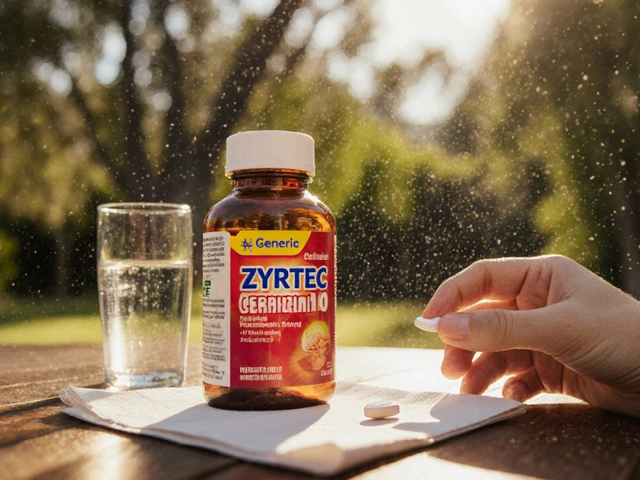Snake Skin: What Causes That Scaly, Cracked Look — and What Helps
Got skin that looks like snake scales? That harsh, flaky texture can come from simple dryness or from medical conditions like ichthyosis, psoriasis, eczema, or fungal infections. The good news: many causes improve with targeted care. This page gives clear, useful steps you can try at home and a quick checklist for when to see a clinician.
Common causes and how to tell them apart
Dry skin is the most common reason. It feels rough, worse in cold weather, and shows fine scaling. Ichthyosis is genetic and gives persistent, widespread scaling that often starts in childhood. Psoriasis makes thick, silvery plaques and may hurt or bleed. Eczema usually itches a lot and may have redness or oozing when flared. Fungal infections can cause localized flaky patches with clearer borders.
Look for clues: itching suggests eczema or fungal causes; thick, raised plaques point to psoriasis; long-standing, generalized scaling suggests ichthyosis. If the problem came on suddenly or there's pain, swelling, fever, or pus, get medical help fast.
Practical at-home care that helps fast
Start simple. Replace harsh soap with a gentle, fragrance-free cleanser and skip hot showers — use lukewarm water for shorter times. Pat skin dry and apply an emollient within a minute to lock in moisture. Look for products with petrolatum, glycerin, or dimethicone for barrier repair.
For heavier scaling, use creams with 5–10% urea or 5–12% lactic acid; those help soften and remove thick flakes. Apply nightly to affected areas. If skin is cracked and painful, a thicker ointment (petrolatum) plus a sterile dressing at night can speed healing and reduce infection risk.
Exfoliate gently once or twice weekly with a soft washcloth or a mild scrub—don’t overdo it. Use a humidifier in dry months to keep air moist. Wear cotton clothing and avoid tight synthetic fabrics that trap sweat and irritate skin.
If topical options aren’t enough, topical corticosteroids can calm inflamed eczema or psoriasis plaques for short periods. Prescription-strength keratolytics, retinoids, or oral treatments (like systemic retinoids for severe ichthyosis) are options a dermatologist may discuss. For suspected fungal issues, topical or oral antifungals may be needed.
When to see a doctor? Book an appointment if scaling is widespread, gets worse despite home care, causes major discomfort, or shows signs of infection (red streaks, warmth, pus, fever). Also seek help if the condition impacts sleep, work, or mood—effective treatments exist.
Quick safety tips: don’t mix multiple strong products at once, avoid high-concentration acids without guidance, and skip home bleach or harsh chemicals. If you’re pregnant, nursing, or on other meds, check with a clinician before starting prescription options.
Want a tailored plan? Our articles cover products, prescription choices, and insurance tips to help you find effective, affordable care. Use this tag to find related posts and step-by-step guides for specific treatments and medications.

Well, folks, you won't believe this, but slithering their way into the spotlight are none other than our scaly friends - snakes! That's right, snake skin, a remedy rooted deep in ancient medicine, is now taking the modern dietary supplement industry by storm. Believe it or not, this unique ingredient is being hailed as the next big thing for its array of potential health benefits. I know it sounds like something out of a Harry Potter potion class, but hey, if it makes us feel like we've got the energy of The Boy Who Lived, why not give it a whirl? So, buckle up as we dive into this slippery subject of snake skin, the old-school 'charm' turned modern-day wellness wonder!
Chris Gore Aug 2, 2023



